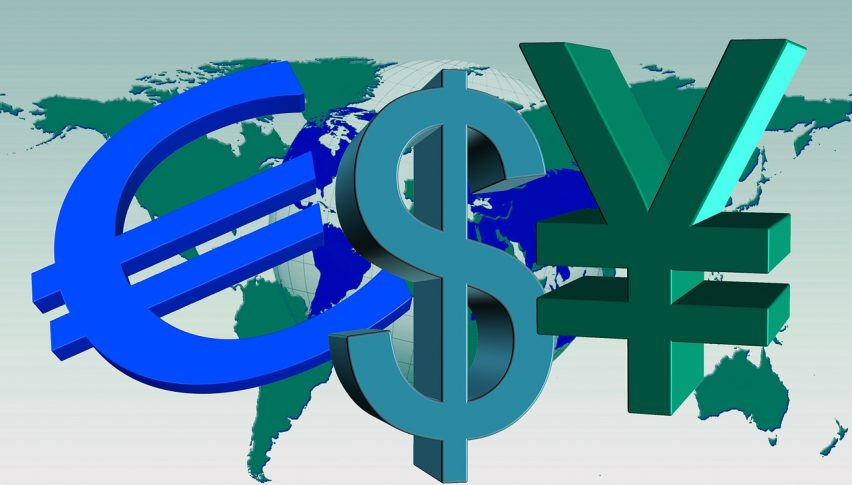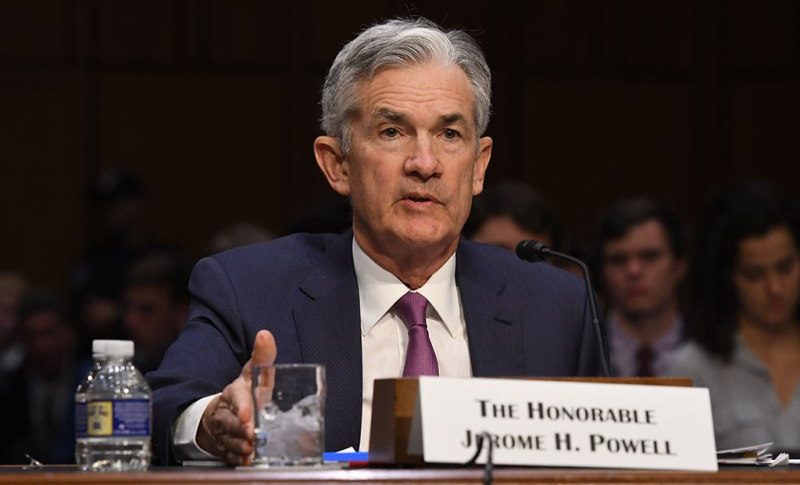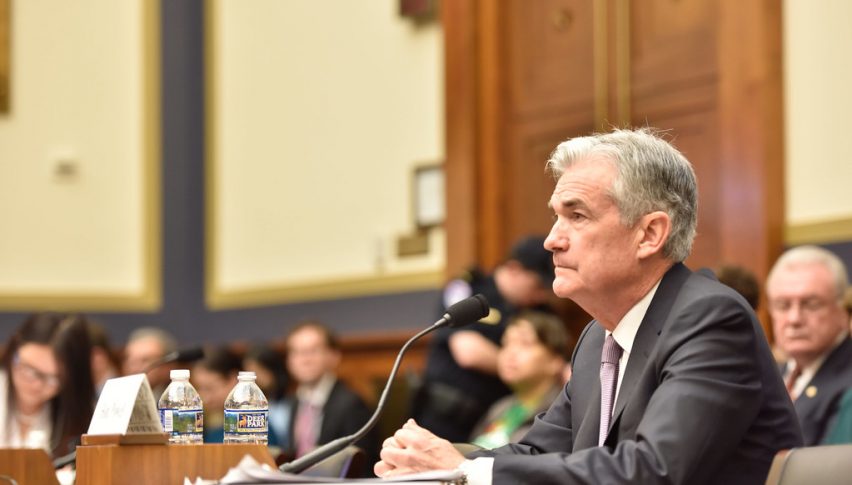Forex Economic Calendar Review: Top 5 Reports Impacting the Market
In this update, we will sum up and review the top economic events that have impacted the market during the last week. Our focus will be on t

In this update, we will sum up and review the top economic events that impacted the market over the past week. Our focus will be on previously released data, the expectations of economists and future prospects.
Top News that Impacted the Market
-
US Consumer Price Index
On Wednesday, November 10, the US Labor Department reported that prices rose about 6.2% in October, compared to one year ago, which was the fastest pace since 1990. On a monthly basis, the CPI increased by 0.9% in October, after rising by 0.4% in September. This unexpected rise in the US CPI resulted in an increase of more than 1% in the US dollar, against a basket of six major currencies, which pushed the DXY from a low of 93.97 all the way up to 94.90.
The reason behind the higher inflation figures was associated with bottlenecks in the supply chains and shortages of both raw materials and workers. This, in turn, drove prices up for US businesses, resulting in the increased input costs being passed over to the American consumers. It is also believed that the surge in US CPI was led by energy prices, which jumped by 4.8% from the previous month, and by 30% over a year. In October, oil prices were about 12.3% higher, which translates to an increase of 59.1% in the past year.
The escalating prices could cause the Federal Reserve to tighten their policy more quickly than it has been signaling. The central bank has indicated that, in the coming weeks, it will begin reducing the number of bond purchases every month. However, the bank is keeping interest rate hikes off the table for now.
If you are interested in learning about major economic events to focus on this week, Check out the Weekly Outlook, Nov. 15 – 19, 2021.
-
UK Gross Domestic Product
On Thursday, November 11, the data from the Office for National Statistics was released. It reflected an expansion in national output by 1.3% in the third quarter, which resulted in a figure 2.1% below the pre-crisis level in the fourth quarter of 2019. In the second quarter of 2021, the UK GDP showed a level of growth of 5.5%. This was a period during which restrictions on activities were lifted and the reopening of economies resulted in the higher level of growth.
A significant slowdown in the economic recovery in the UK during the third quarter of 2021 could be attributed to staff shortages, supply constraints and higher fuel prices for the country. Furthermore, the rising infection rates in the UK, coupled with global supply shortages, also played an important role in slowing down economic recovery. The release of this data prompted a sudden decline in the British pound, which dragged the GBP/USD pair to its lowest level since mid-December 2020.
For a cryptocurrency overview, check out our Weekly Cryptocurrency Update, Nov 6-12, 2021
-
$1 Trillion Infrastructure Bill
On Wednesday, the White House announced that, on Monday, President Joe Biden will sign off the largest federal investment in infrastructure in more than a decade. The legislation includes about $550 billion in new funding for transportation, utilities and broadband. About $110 billion will be invested in roads, bridges and other major projects, including $66 billion for passenger and freight rail, along with $39 billion for public transit.
$55 billion will be invested in water systems and the replacement of pipes, and $65 billion will be invested in expanding broadband access. Funds have also been allocated towards cryptocurrency tax reporting. The news that this bill will be passed on Monday, when it will come into force, started pushing the US Dollar Index prices higher in the market, and the DXY came close to the 94.90 level.
-
Brexit Jitters
The EU and Britain are now moving towards resolving their differences, after months of discussions to resolve the differences raised over the Brexit deal regarding Northern Ireland. Post-Brexit market tensions rose after the United Kingdom and the European Union began to disagree on the implementation of the checks regarding Northern Ireland, that were agreed in the Brexit deal.
According to the Brexit trade deal, it was decided that, in order to uphold the EU single market, a hard border between the UK territory of Northern Ireland and the Republic of Ireland would be avoided. However, this part of the deal turned out to be difficult to implement. UK Brexit minister, David Frost, suggested that if the EU refused to give way to his demands, the UK could seek to trigger Article 16, which would allow either side to implement measures or safeguards, unilaterally.
On the other hand, the EU remains adamant that the UK cannot seek to renegotiate the deal that was agreed 11 months ago, in order to avert a potential no-deal scenario. However, there was a glimmer of hope regarding these Brexit jitters over the weekend, when Brexit ministers from both sides met on Friday.
-
Governor of the Bank of Canada
On Wednesday, the governor of the Bank of Canada, Tiff Macklem, said that high inflation will be transitory, but not short-lived, which provided additional insight into the central bank’s thinking, a week after the bank raised its inflation projections and shifted towards a more aggressive timeline for tightening monetary policy.
The Bank of Canada has been one of the most aggressive advanced-economy central banks in terms of winding down stimulus and signaling rate hikes. On October 27, the bank ended its QE program, which had been used to keep longer-term interest rates down.
That’s all for now. See you next time.
- Check out our free forex signals
- Follow the top economic events on FX Leaders economic calendar
- Trade better, discover more Forex Trading Strategies
- Open a FREE Trading Account


